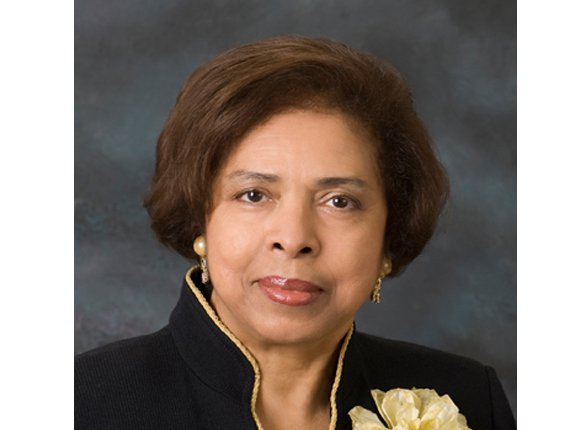Lethal disregard for black lives continues
8/19/2016, 2:54 p.m.
E Faye. Williams
Protestations regarding the value of black lives have become increasingly common in the public dialogue. The simple phrase “Black Lives Matter” has generated praise from that segment of society that has suffered countless race-based indignities and been condemned by those who, in my opinion, are too blind or obstinate to see the realities of the black experience in the United States.
Both in my life experiences and in my observations as an officer of the court, I have seen black citizens disproportionately victimized by either law enforcement officers or a myopic judicial system. To the recent spate of homicide-by-police, I can only repeat, “Black Lives Matter!”
For those who reject the obvious, let us perform a simple historical review.
On Aug. 10, the U.S. Justice Department presented the results of a probe of the Baltimore Police Department initiated by the death of Freddie Gray. The report concluded that the BPD regularly and routinely violated the constitutional rights of African-American residents. “... (T)he Department of Justice concludes that there is reasonable cause to believe that BPD engages in a pattern or practice of conduct that violates the Constitution or federal law.”
The report said the police use “enforcement strategies that produce severe and unjustified disparities in the rates of stops, searches and arrests of African-Americans,” and retaliates against forms of constitutionally protected expression. “BPD’s failings result from deficient policies, training, oversight and accountability, and policing strategies that do not engage effectively with the community the department services.”
The BPD is not the only institution overwhelmed by a pattern of behavior that reflects a wanton disregard for black life. In the past two years, members of the Chicago Police Department have been involved in a homicide-by-cop, suggesting a collaborated coverup between police and the local prosecutor.
Another incident three weeks ago resulted in three cops being relieved from duty for violation of departmental policy after a 20-year-old black man was shot in the back while running from the scene of a property crime.
Lethal disregard for black lives is as much, or more, an individual problem as institutional. This is illustrated in the recent murder of Kouren-Rodney Bernard Thomas in Raleigh, N.C., by another self-styled neighborhood watchman, Chad Copley.
Mr. Thomas was a guest at a party near Mr. Copley’s home. Two 911 calls were made from Mr. Copley’s home. The first call was to report “a bunch of hoodlums out here racing.”
“I am locked and loaded! I’m going outside to secure my neighborhood. You need to send PD as quickly as possible.”
The 911 dispatcher asks, “I’m sorry. You’re going out to do what to the neighborhood, sir?”
“I’m going to secure my neighborhood,” came the reply. “I’m on the neighborhood watch ... If I were you, I’d send PD as quickly as possible.”
In a second 911 call, Mr. Copley stated, “There are frigging black males outside my frigging house with firearms. Please send PD.”
Claiming to have only fired a “warning” shot, Mr. Copley shot Mr. Thomas from the window of his home. Mr. Thomas died at the hospital later. Mr. Copley has been charged in his death.
On July 11, the Washington Post published an article showing that African-American males were killed by police at a rate five times greater than white males. A comment to that article sums up the problem for me. “I’m glad you’re able to count but what you conveniently left out was that African-American males commit much more violent crimes which is another reason the rate is higher.”
Stereotypes like this among white people and others lead to the callous disregard for black lives that has us in our present dilemma. Until we can generate more reasonable thinking, “Black Lives Matter” is worth repeating until the message is heard and understood.
The writer is national president and CEO of the National Congress of Black Women.







